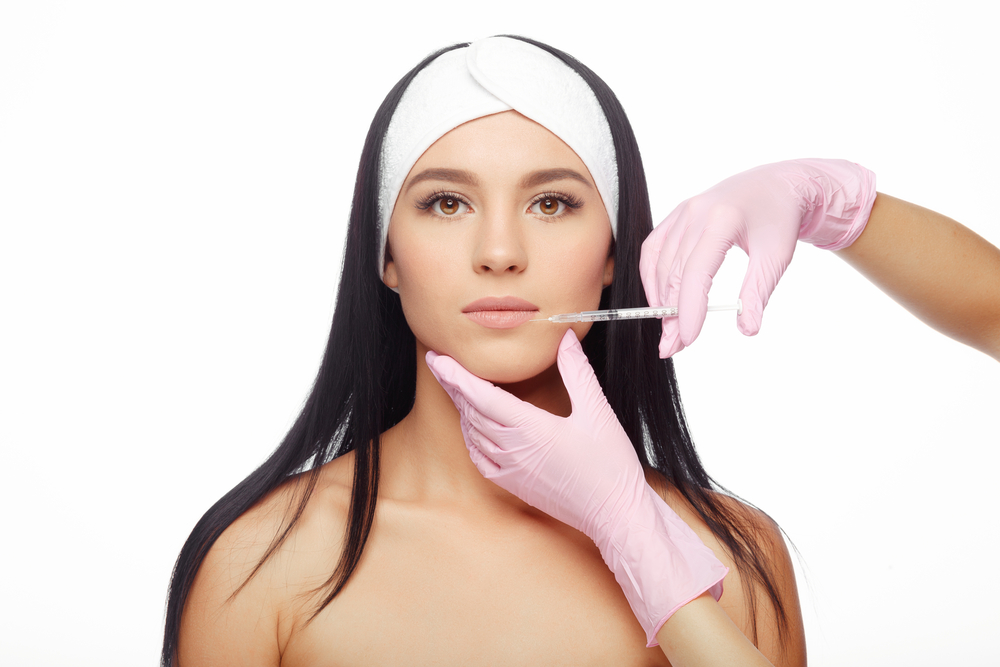Different Uses Of Botox For Medical Procedures
Botulinum toxin is a drug most commonly referred to as Botox used for blocking nerve impulse from the brain to the muscles. A Botox injected muscle cannot contract, thus ensuring that the shape is retained. It happens to be one of the deadliest neurotoxins known to man, but is quite effective to treat a number of medical conditions if used in small and controlled doses.
Botox is commonly used for skin and cosmetic enhancements and the price varies according to the dosage and number of injections. Apart from cosmetic procedures, there are a number of uses of Botox in everyday applications.

Types of Botulinum toxins available in the market
The Botox cost for treatment will directly vary depending on the type of injection and the number of doses administered for a particular treatment. Commonly used injections include Botox, Dysport, Xeomin, and Myobloc.
Here is a comprehensive list of Botox uses and how much the procedure will cost you for each treatment:
- Chronic Migraines
The FDA (Food and Drug Administration) has approved the use of Botox in tiny amounts to treat severe cases of chronic migraines. This application for Botox was discovered by a plastic surgeon while giving Botox for treating wrinkles.
Botox has proven to be effective in treating severe neck pains and spasms that cause a condition known as cervical dystonia. The average Botox cost will depend on the number of units of botulinum toxin needed for the procedure to be effective and provide long-term relief.
Underarm sweating is a condition which cannot be avoided if you are living in humid and hot climate zones. Perspiration is very normal and allows the body to achieve thermoregulation. Thermoregulation is the ability of an organism to maintain a set body temperature. Sweating helps achieve optimum thermoregulation but in many cases, it can also result in excessive underarm sweating. Botox injections for excessive sweating has been approved by the FDA, with varying results depending on the severity of hyperhidrosis (excessive sweating). The average Botox cost for hyperhidrosis is can be around $1200.
Overactive bladder results in frequent urination. Botox was used in a study conducted to understand the effects of an overactive bladder. People who had Botox injections reported lesser number of leaks when compared to people who did not opt for the procedure. The effectiveness and Botox cost of treating and managing an overactive bladder condition will differ accordingly. There are a number of side effects which is why Botox procedure for an overactive bladder is not performed widely even after it has been approved by the FDA.
Also known as the silent killer, depression is one of the major health concerns today. There are many medications and therapies to help manage the symptoms of depression. Botox injections have surprisingly proved to be useful based on the theory that facial expressions and muscle movements can influence the mood. This technique is based on a facial feedback hypothesis mechanism. Botox injections at certain points on your face will stop the muscles from contracting and allow them to maintain a positive expression. Trials have shown significant improvements in behavior while countering the known symptoms of depression. It is not a commercial procedure yet since this particular application for Botox has not been approved by the FDA yet.
The use of Botox for treating premature ejaculation has also not been approved by the FDA and is in trial stage. Studies have shown that the Botox helps relax muscles to delay ejaculation. Botox manufacturer giant Allergan also holds the patent for the use of Botox for treating erectile dysfunction, which is also in a third party clinical trial stage.
Botox injections are also very useful for treating the Strabismus disorder in which the eyes do not line up in the same direction. This disorder affects about 4% of the people in the country. Botox cost for treating strabismus is estimated at $300, with a Medicare rebate also available in certain eligible cases. It is a simple procedure that takes no more than 6 minutes to administer the injections and about 2 hours for recovery.

